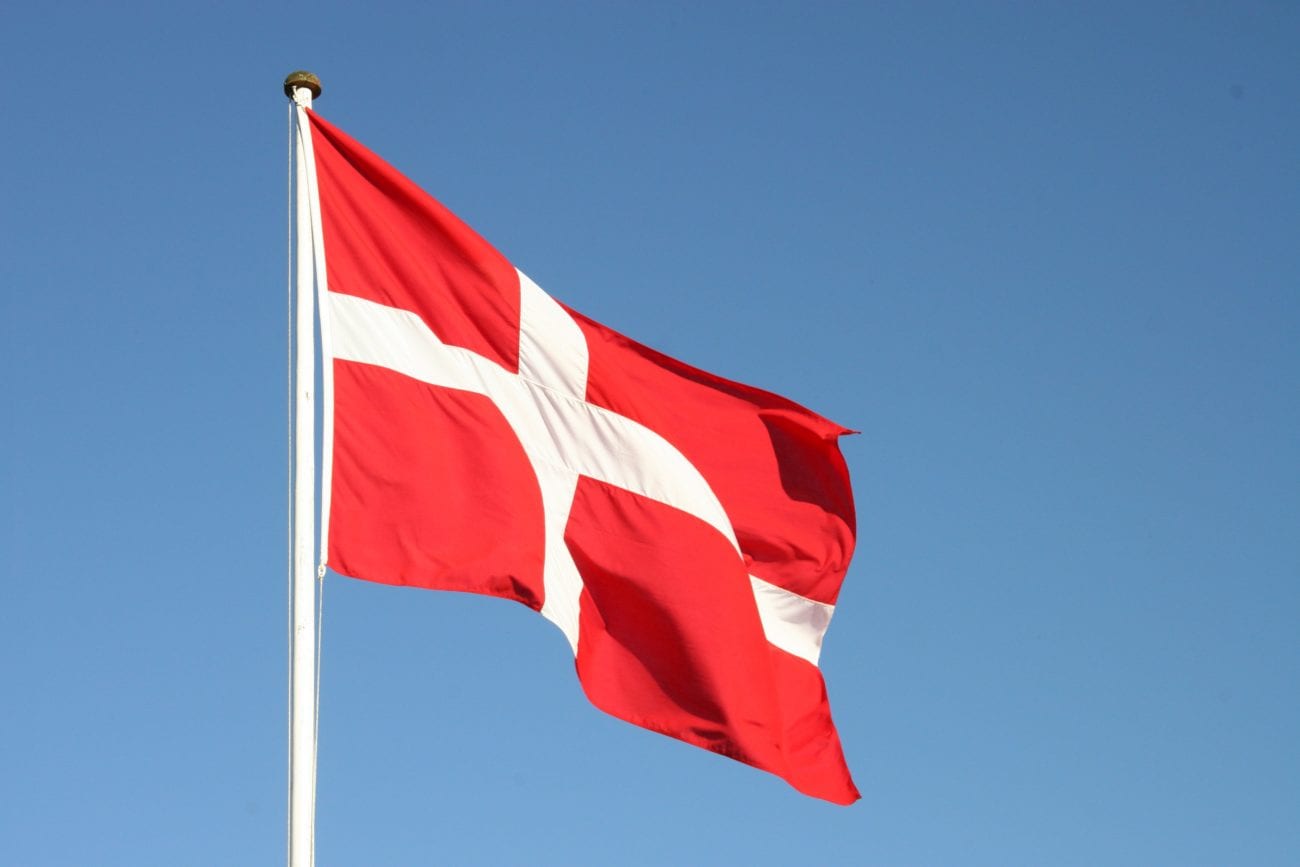Danish regulator warns 888 over AML failings

Danish gambling regulator Spillemyndigheden has ordered 888 to improve its anti-money laundering processes after ruling that the online gaming operator’s licensed subsidiary in the country fell short of requirements set out in the national Money Laundering Act.
According to the regulator, 888 Denmark breached Section 25 of the Money Laundering Act on two occasions. This states that companies must implement appropriate written rules governing their approach to recording, record keeping, risk assessments and communications for employees, in order to prevent money laundering and the funding of terrorism.
The first case related to an obligation to probe exceptionally large transaction patterns and activities that do not have a clear economic or demonstrable legal purpose, in order to establish whether there is any reason to suspect they are or have been linked to money laundering.
Also in relation to section 25, the regulator said that 888 failed to notify the State Attorney for Special Economic and International Crime (SØIK) that a transaction or activities were potentially associated with money laundering.
In its investigation, the Spillemyndigheden found a customer spent over DKK1m (£113,788/€133,835/$148,365) with 888 over a three-month period. 888 did perform background checks on the player, including a request for documentation to show how he was able to make deposits totalling DKK600,000 in the space of a few days.
However, though the player declined to provide any documentation of income or wealth, 888 allowed him to continue playing for almost a month before closing his account. 888 said it did not find any reason to notify the SØIK about the case.
In response, the regulator said 888 should have closed the player’s account at an earlier date and also informed the SØIK about the sums of money involved and the failure to comply with verification requests.
As such, the regulator instructed 888 Denmark to amend its procedures so that potential money laundering can be halted earlier and the SØIK is notified of similar cases. Section 66 of the Act allows the Spillemyndigheden to make such requests to operators.
This week, the Danish government announced that it will to increase the tax paid by the country’s licensed igaming operators to 28% of gross gaming revenue, claiming that this will ultimately raise DKK150m in new tax revenue.
The tax hike, which will become effective from 2021, will see the tax rate increased from 20% of GGR, which has been in place since the Danish regulated online gambling market opened in 2012.
The Spillemyndigheden also launched a new marketing campaign to promote its ‘StopSpillet’ gaming addiction programme and encourage people to seek help.
Launched in January, StopSpillet is a helpline that has so far taken almost 700 calls from consumers suffering with, or know someone who is struggling with, issues related to gambling addiction
